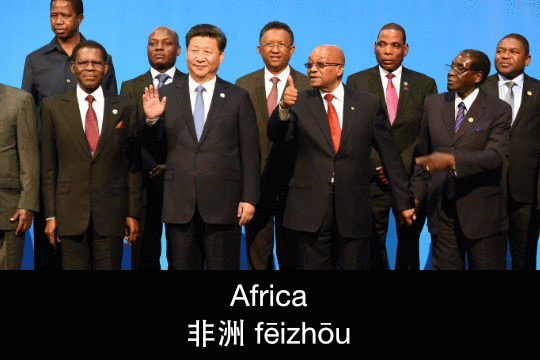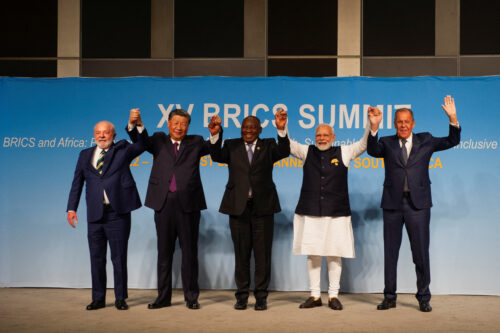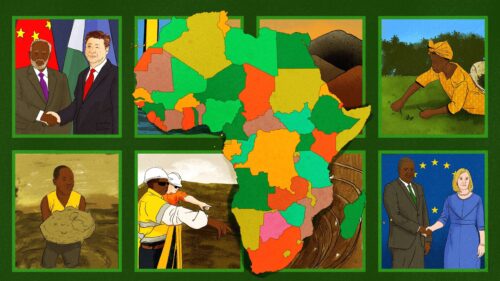China cultivates African elites


Former Beijing resident and now Nairobi-based Quartz reporter Lily Kuo’s latest report looks at Chinese efforts to bring “thousands of African leaders, bureaucrats, students, and business people to China” for inter-party exchanges, training, and education.
- “The trips help solidify political and business ties between China and its partners” in Africa, says Kuo, and give China opportunities to “cultivate partners on the continent who are more likely to be sympathetic to China and its way of doing things.”
- One thousand young African politicians would be invited to China for training, according to a government announcement last year. There were around 200 in total between 2011 and 2015.
- There are now more Anglophone African students in China than in the U.S. or the U.K., and around 50,000 African students in total, many on scholarships from the Chinese government.
- South Sudan will prove to be an interesting study in the program to cultivate African elites: There are frequent exchanges between South Sudanese and Chinese officials, and Beijing “has given at least 4,100 scholarships and training programs to South Sudanese students and officials since 2011, when the young country was established.”
While China’s efforts to engage with African politicians and thought leaders are viewed with suspicion in the West, much of the English-language media coverage suffers from a patronizing attitude to Africans that does not grant them agency in their own decisions. The Quartz article quotes Adams Bodomo, professor of African studies at the University of Vienna:
“The young Africans are not robots and tabula rasa such that the Chinese will just stuff them with whatever they want. The students will take the best of China and leave the bad there in China and go back to Africa.”
The China Project’s recent work on Africa-China relations includes this Sinica Podcast with scholar Lina Benabdallah.
China and South Asia gallery reopens at British Museum
One of the benefits of Britain’s history of imperialism, at least to Londoners, is that the British Museum has perhaps the finest collection of antiquities plundered from around the world. So if you live in London, instead of feeling guilty, visit the newly reopened gallery of China and South Asia. Eight of the museum’s curators picked “key objects” from the display and wrote about them here.
The quintessential Chinese comfort food
Today we publish the second of two pilot episodes of The China Project’s cooking show, The Secret Menu, in which we ask our very own Kaiser Kuo to demonstrate how he prepares Eggs scrambled with tomatoes.






